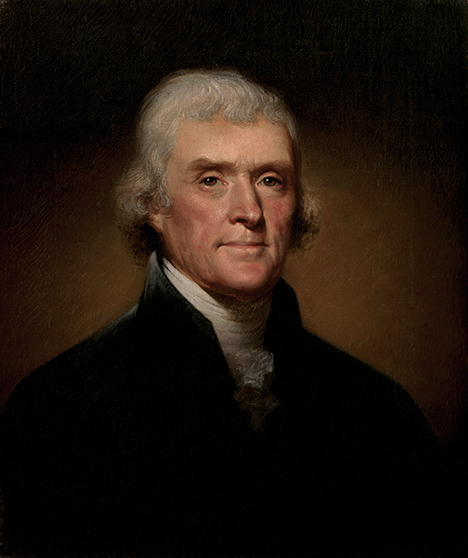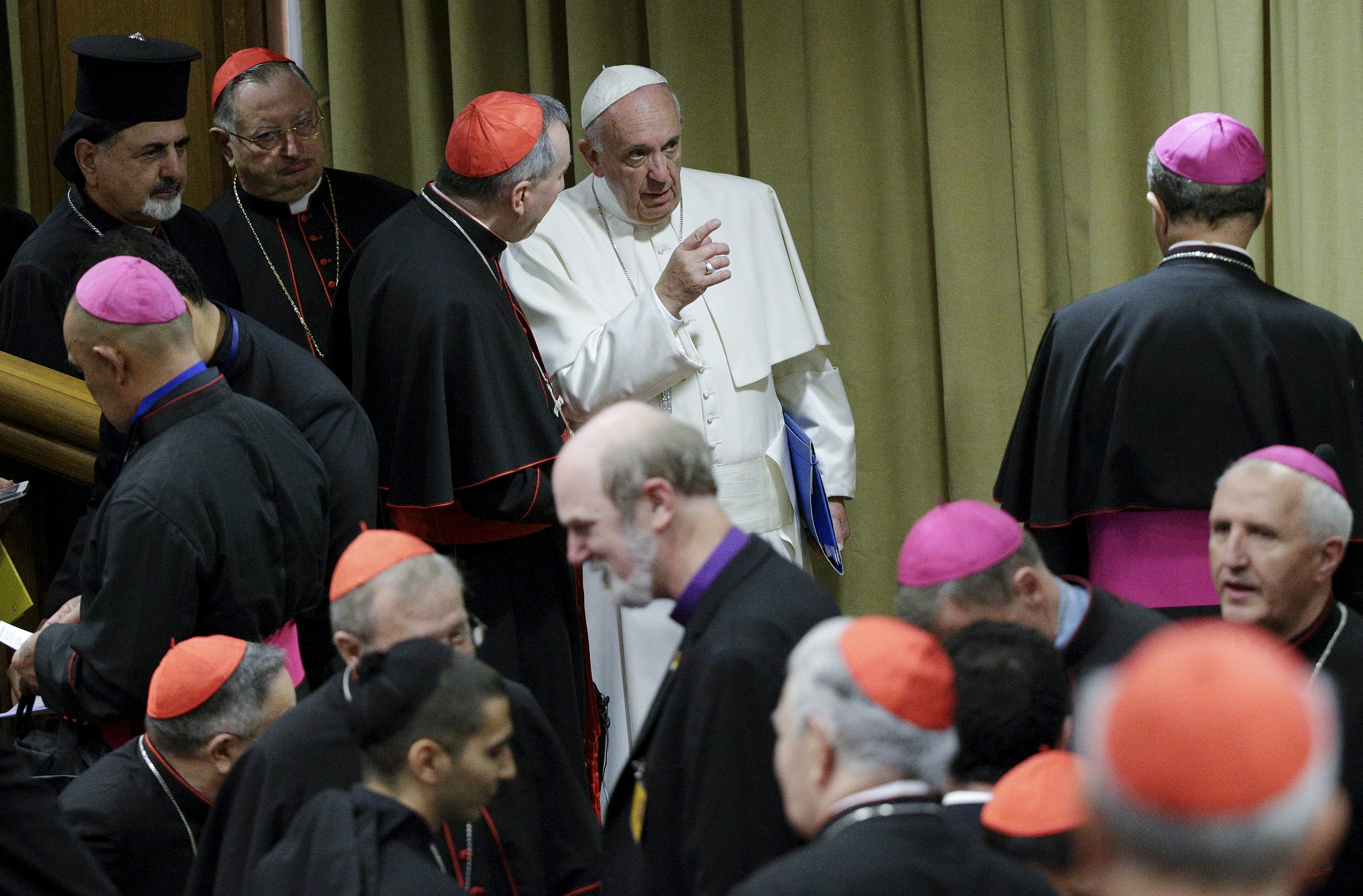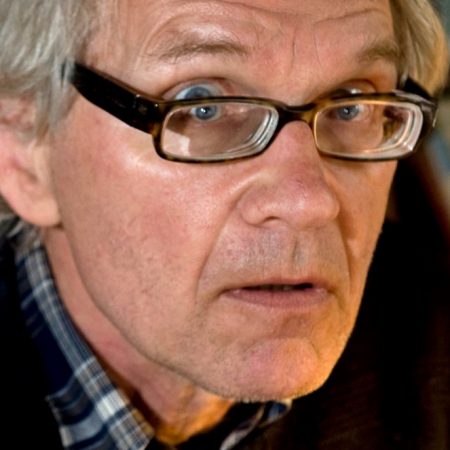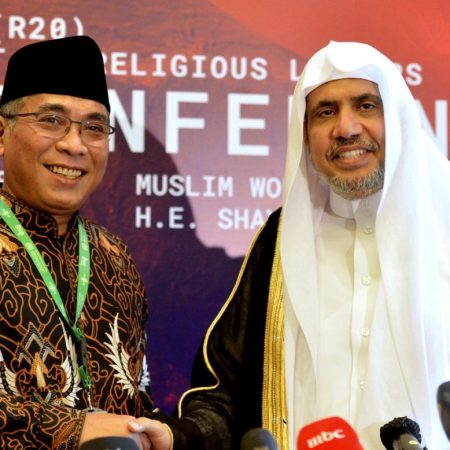Cards At Play In Indian Politics Marked By Gender & Minority Status
By Nilofar Suhrawardy, Muslim Media News Service (MMNS)

NEW DELHI–Not to be outdone by the nature of the political cards exercised by the Congress-led United Progressive Alliance (UPA) and Left combine in presidential elections (held on July 19) and the vice presidential polls (scheduled for August 10), the leading opposition has chosen to play similar cards.
By selecting Pratibha Patil as their presidential candidate, who has won the polls with a sweeping majority, the Congress-Left combine has undeniably made a distinct mark on the country’s political map. Patil is the first woman President of the country. The 72-year old lady, sworn in July 25th as the country’s 13th President, secured 638,116 votes against 331,306 received by her rival Bhairon Singh Shekhawat, an independent candidate backed by the National Democratic Alliance.
With the electoral college tipped in favor of the UPA-Left alliance, there is little doubt that whoever may have been their candidate by consensus would have won the elections. The selection of Patil as the candidate, however, as developments suggest, was more based on her regional identity and because of her gender. Where the latter point is concerned, irrespective of whether the Women’s Reservation Bill is passed in the forthcoming monsoon session of the Parliament or not, the UPA-Left can claim to have taken a major step towards enhancing the political importance of women.
The Women’s Reservation Bill calling for 33.3 percent of seats in legislatures–from Lok Sabha to state and local legislatures–to be set aside for women, has been introduced in Parliament several times since 1996. It has not yet been passed because of a lack of political consensus.
With the office of the President known to be politically insignificant, there is little doubt that until the legislators favor the Bill, Patil cannot exercise much of a role in pushing it forward. In this context, Patil’s election as the country’s first woman president does not ensure the Bill’s passage but it does ensure the UPA-Left a card to make political noise regarding their concern about Indian women.
Soon after the announcement of Patil’s victory, expressing elation at India getting its first woman of President after 60 years of independence, UPA chairperson Sonia Gandhi said: “I thank everyone, all UPA leaders, voters, Mayawati (Uttar Pradesh Chief Minister) and other leaders who supported Pratibha Patil. It is a special moment of women and men too.â€
In the same tone, describing Patil’s victory as “historic,†senior Leftist leader A.B. Bardhan (Communist Party of India) said: “It is a historic win and we have a woman president at the 60th year of independence… it is a great moment.â€
Describing Patil’s victory as a vote against “politics of divisiveness,†Prime Minister Manmohan Singh said: “The victory of Pratibha Patil for the august office of President is the victory of those forces which seek to unite our people.â€
Calling it a “victory of principles,†the victorious-candidate Patil said: “ I am grateful to the voters… I am grateful to the people of India, the men and women of India. This is the victory of the principles which our Indian people uphold.â€
With an eye on parliamentary elections in 2009, the Congress apparently expects Patil’s victory to help it in making noise regarding its concern about Indian women. Besides, Maharashtra assembly elections are also due in 2009. Patil’s regional identity, that of being Maratha, has already created cracks in BJP-Shiv Sena’s alliance. Breaking ranks with BJP in presidential polls, Shiv Sena members voted for Patil, justifying their decision by their regional linkage. Congress is hopeful that the split in the Shiv Sena-BJP alliance would be more prominent in 2009 Mahrashtra elections, helping the Congress-Nationalist Congress Party (NCP) to return to power. The Shiv Sena-BJP alliance was in power in the state from 1995-1999.
Following presidential polls, the minority-card is being exploited to the maximum degree possible in vice presidential elections. The lead on this front has been taken by United National Progressive Alliance (UNPA), whose candidate Rasheed Masood has been the first to file his nomination papers (July 20).
Masood is a Samajwadi Party Member of Parliament from Saharanpur (Uttar Pradesh). Not willing to be left behind in exercise of this strategy, the UPA-Left combine has decided to field Hamid Ansari as their candidate for the post of vice president.
A seasoned diplomat who has served as India’s permanent representative at United Nations and ambassador to Saudi Arabia and Iran, Ansari is at present the chairman of the National Commission for Minorities (NCM).
Not to be outdone in this political game of exploiting minority cards, NDA has selected Najma Heptullah, former deputy chairperson of Rajya Sabha, as its vice-presidential candidate.
After a three-decade association with Congress, Heptullah left the party to join BJP in 2004. Making the announcement of her selection, senior BJP leader Suhsma Swaraj said: “She (Heptullah) is the most suitable candidate for the job. The decision to field her was solely based on merit†(July 22). Heptullah’s selection rests on her gender as well as her being a Muslim–suggesting NDA’s strategy of playing the two cards UPA-Left combine has displayed separately at first in presidential polls and now in vice-presidential elections. NDA’s decision certainly suggests that this alliance has begun giving a new importance to displaying its “secular†credentials by playing the minority card. Also, at this juncture with eyes on 2009-elections, each party eager to emerge as a winner seems bent on exploiting the so-called minority card!
9-31















2007
936 views
views
0
comments